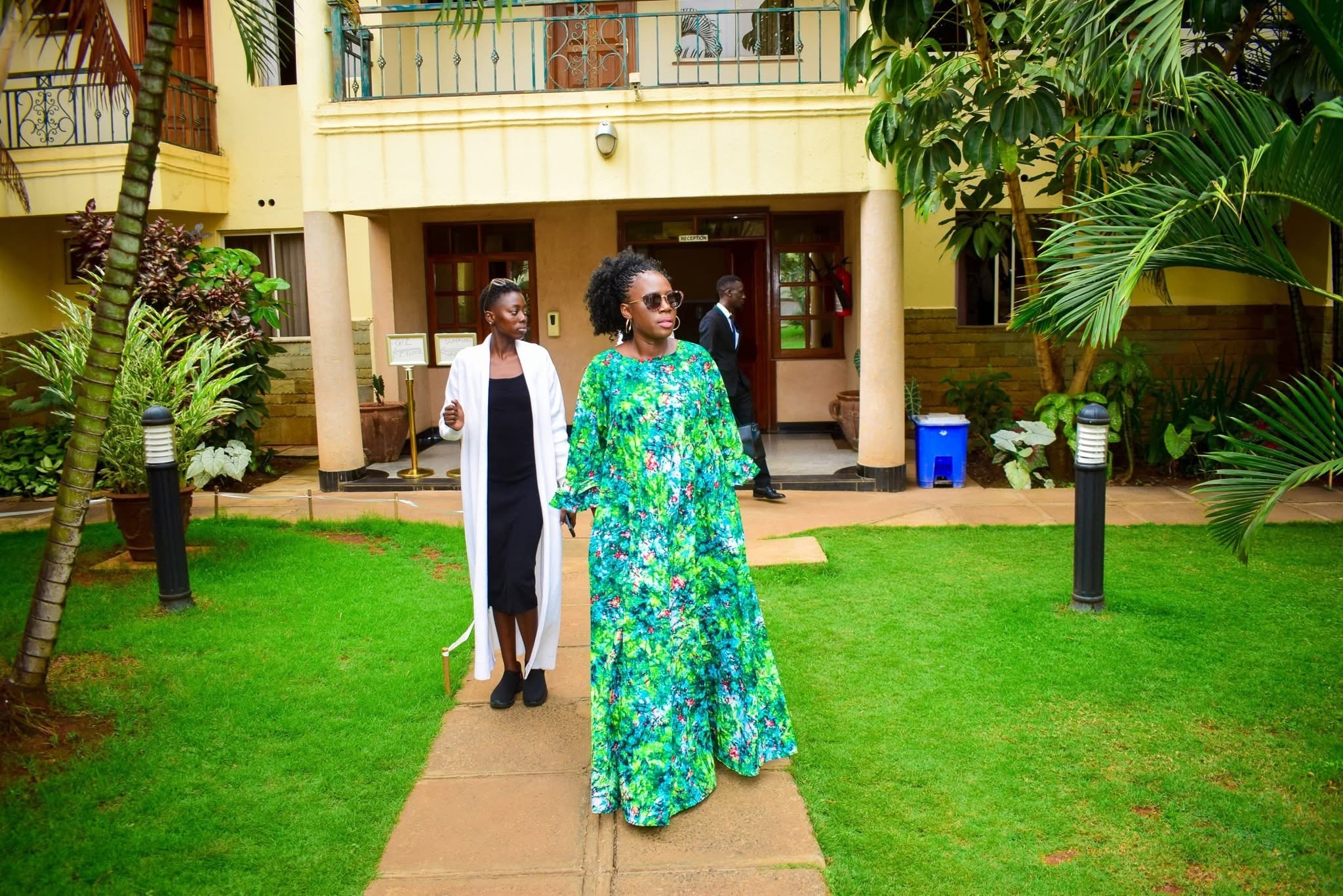International talks to create a pandemic treaty have resumed, with local civil society asking for safeguards to ensure poor countries access treatments and vaccines during outbreaks.
The negotiations resume as the world faces an outbreak of Mpox, which has infected at least five people in Kenya.
Dr Samuel Kinyanjui, the head of Aids Healthcare Foundation, highlighted the challenges African nations face in international negotiations.
"One of the key factors that weaken us in negotiations is lack of preparedness," he said at a virtual press conference.
"African representation often arrives late and is under-resourced, with teams lacking the legal and economic expertise needed to navigate complex treaties."
He stressed the importance of including civil society in negotiations and presenting a unified front, rather than fragmented national positions that undermine collective bargaining.
The AHF, which has been advocating for an agreement that is fair to poor countries, urged leaders from the global south to demand equitable health measures in the ongoing World Health Organisation pandemic agreement talks.
The activists highlighted the urgent need for binding commitments focused on technology transfer to boost regional production of vaccines, diagnostics and therapeutics crucial for ensuring low income countries are not left behind in future health crises.
"Establishing a regional production mechanism is vital. It will ensure that developing countries can independently produce and distribute essential health products during any health crisis," said Guillermina Alaniz, AHF's director of global advocacy and policy.
"This will reduce reliance on wealthier nations and promote equitable access for all."
The proposed treaty aims to ensure equity in access to the tools needed to prevent pandemics (including technologies like vaccines, personal protective equipment, information and expertise) and access to health care for all people.
Critical for countries in the global south in the pandemic agreement talks in Geneva is linking Article 11, which addresses technology transfer, with Article 12, which pertains to the WHO’s Pathogen Access and Benefits Sharing System. This will require that manufacturers who benefit from PABS commit to the equitable transfer of technology for production in the global south.
It should be done in addition to the annual financial contributions and the percentages to be set aside through benefit-sharing.
Speakers at the press conference underscored how the global north continues to put pharmaceutical profits above lives, particularly in the global south. They called for the WHO pandemic agreement to include binding provisions for technology transfer to build health resilience in developing countries.
"It's not enough to claim equity without taking real steps to achieve it," Alaniz said. The current commitment of setting aside only 20 per cent of pandemic-related products for 80 per cent of the world’s population is inadequate.
“We need the inclusion of technology transfer provisions in the PABS to empower the global south to produce these products during global health crises, ensuring a more equitable and effective response.”
Aggrey Aluso, Africa director of the Pandemic Action Network, pointed to recent efforts by the Africa CDC to enhance African leadership in the negotiation process. However, he cautioned that significant hurdles remain, particularly in securing clear support from African capitals and resolving legal ambiguities that could weaken the agreement.
"The negotiations are caught between conflicting interests—public health versus industry profits," Aluso said. He criticised high-income countries for pushing non-binding agreements and discretionary financing models that have repeatedly failed during past health emergencies.
Aluso also called out the double standards in global health financing, where philanthropy-based contributions lack accountability and fail to meet urgent needs.
"Everyone talks about equity, but the real challenge lies in creating an equitable system. A philanthropy-based, discretionary system will never ensure true equity," he said, urging both high-income countries and African states to invest in robust, accountable financing mechanisms for the pandemic agreement.












